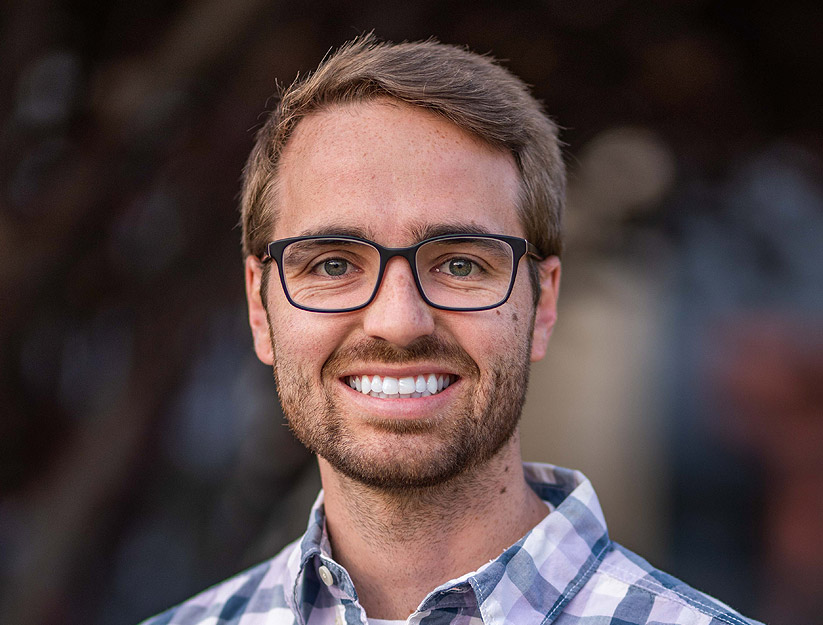Brian Griffiths
Name: Brian Griffiths
Age: 28 (2023)
Nationality: United States of America
Current Profession: Professor at Georgetown University (The Earth Commons)
Programme (s) completed at CCMI: REU Program (2015) and Marine Education Intern (2016)
Year programme was completed at CCMI:2015 & 2016
How did the CCMI programme you completed help you develop professionally and/or personally? CCMI taught me countless skills, from conducting fieldwork in a completely new environment to engaging and communicating with diverse teams. I discovered a passion for conservation and marine science that certainly directly contributed to entering and completing a Ph.D. program and pursuing conservation research as a career. However, the main thing CCMI taught me was that I had the ability to make observations in the field which were new and exciting, then translate those observations into scientific results and communication. The confidence and skills in scientific inquiry that the experience gave me continue to fuel my research as a conservation scientist.
What is something you learned while at CCMI that you have never forgotten? I learned the power of community at CCMI. I had never been in a space where such a dedicated group of passionate individuals put their minds and their skills to solving environmental challenges day in and day out. Those individuals created a community that was a model for the rest of the island, and I saw that that community had the power to conserve the local ecosystem. I found myself swept up in the work because of that community – waking early to get into the lab or fill tanks, culling and dissecting lionfish after work hours, simply because I was starved to learn more. Now, I do community-based work in other regions of the world, but I bring that energy and enthusiasm to every pursuit.
Is there something that you do differently now, because of what you learned at CCMI? Well, I came to CCMI an engineer and left a conservationist. I would say that that’s quite different. On a professional note, I no longer assume that everything is known. When I am doing my work, I slow down a bit and look critically at relationships in the ecosystem, or between humans and the ecosystem, that I would previously have assumed that someone has already described.
Please share with us a favourite memory of your time at CCMI. At sunset on my birthday in 2015, we went to my favorite dive site – though I had never been there at the time, so it wasn’t my favorite yet: Cascades. The current was absolutely ripping, as it often is at Cascades, but the visibility was fantastic so the four of us set out to do a drift dive. As I reached the sand, I was immediately struck by the majesty of the reef formations. I felt like I was standing in a city of coral with sand chutes for streets. As I hovered between the enormous skyscraper-like reefs, the current started to push me fast towards the reef. I immediately rotated to adjust, but I soon realized that I wasn’t going to be pushed into the reef – the current was curving along those formations, just like wind through a city street. I hovered with that current, moving through those sandy streets like a leaf in the breeze, as fish and a trio of eagle rays flew past. My awe meant that I sucked air down quite quickly, but it was the most incredible thing I had ever experienced. I didn’t make a single valuable observation that dive, or shoot a single lionfish, but what a phenomenal birthday. I’ll never forget it.
You can contact Brian to learn more about his REU experience and Marine Education Internship here: [email protected]
BACK
 CONTACT
CONTACT gallery
gallery facebook
facebook instagram
instagram youtube
youtube twitter
twitter